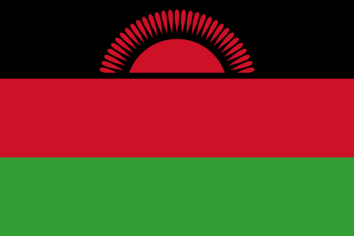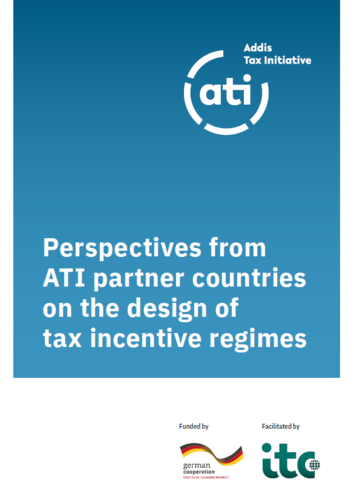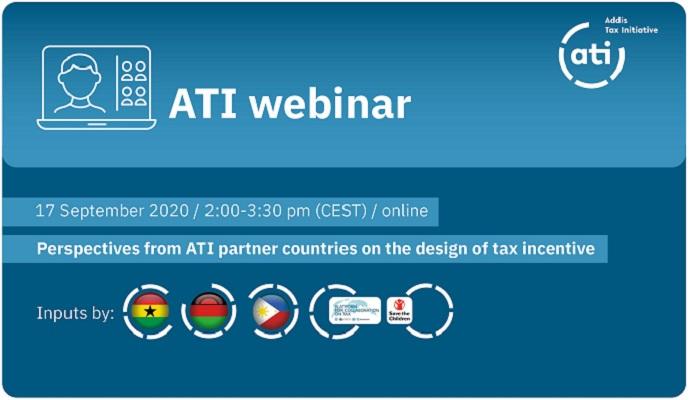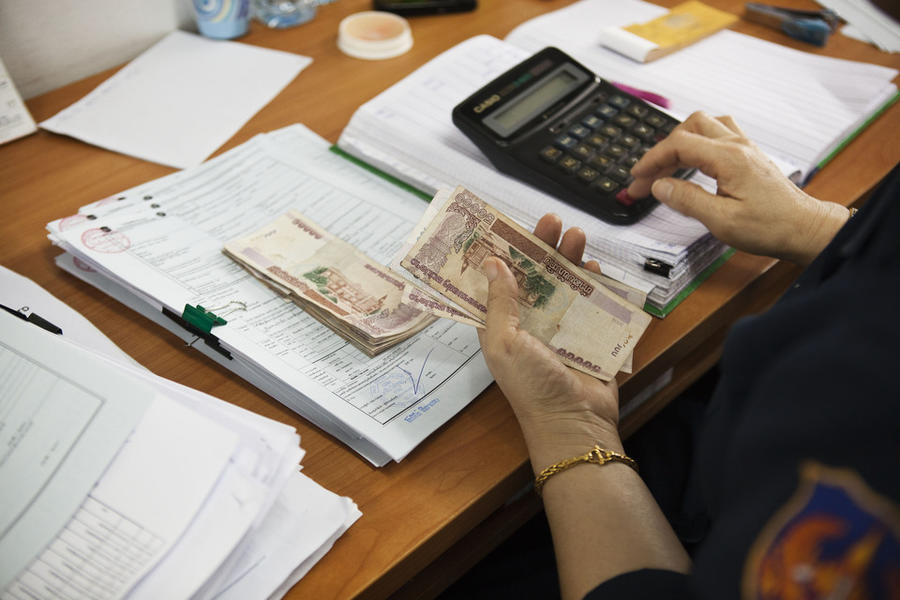
Malawi
Recent reform steps
The development of a tax administration bill improved efficiency in tax administration and the resolution of tax disputes in Malawi. The split of customs and excise act into separate tax legislations for customs and excise tax management was undertaken recently. Furthermore, the Government of Malawi is planning to develop a Medium-Term Revenue Mobilisation Strategy in 2019/20.
Progress achieved
Malawi increased the coverage of electronic fiscal devices, removed tax incentives for passenger transport sector for big buses and minibuses, and introduced an additional income tax bracket of 35% for high-income earners in Malawi. Enhanced development of an Integrated Tax Administration System (ITAS), the introduction of withholding agents for value added tax (VAT) as well as the reduction of zero-rated and exempted products under VAT were achieved since 2017.
The BEPS Evaluation Report is expected to identify areas for capacity building in the area of addressing international tax evasion and improved understanding of the BEPS Initiative.
Outlook: DRM priorities in 2019
Priority activities
- Increase the number of audits for different sectors
- Training of officers in transfer pricing schemes by large businesses
- Continuous investment and development of the ITAS
- Conducting cost and benefit analyses of tax incentives. i.e. tax expenditure analysis
- Build capacity and understanding of the BEPS Initiative
Expected outcomes
- Increased tax compliance reflected in the number of on-time filing of tax returns and on time payment of taxes
- Increased capacity in combating transfer pricing
- Reduced incidences of transfer pricing cases
- Improved customer service delivery
- Widespread use of the ITAS Platform for interfacing with the Malawi Revenue Authority by taxpayers
- Improved effectiveness of tax incentives
- Improved understanding of BEPS, its requirements and whether Malawi could join the BEPS Inclusive Framework
Ensuring policy coherence for development
The Government of Malawi established a one-stop centre, where key institutions work under one roof with the main objective of facilitating investments in the country and improving the delivery of public services. Additionally, at the border entry points, there are Joint Border Committees, which are multi-institutional organisational structures, aimed at facilitating seamless trade across national borders, resolving any challenges the traders may face.


